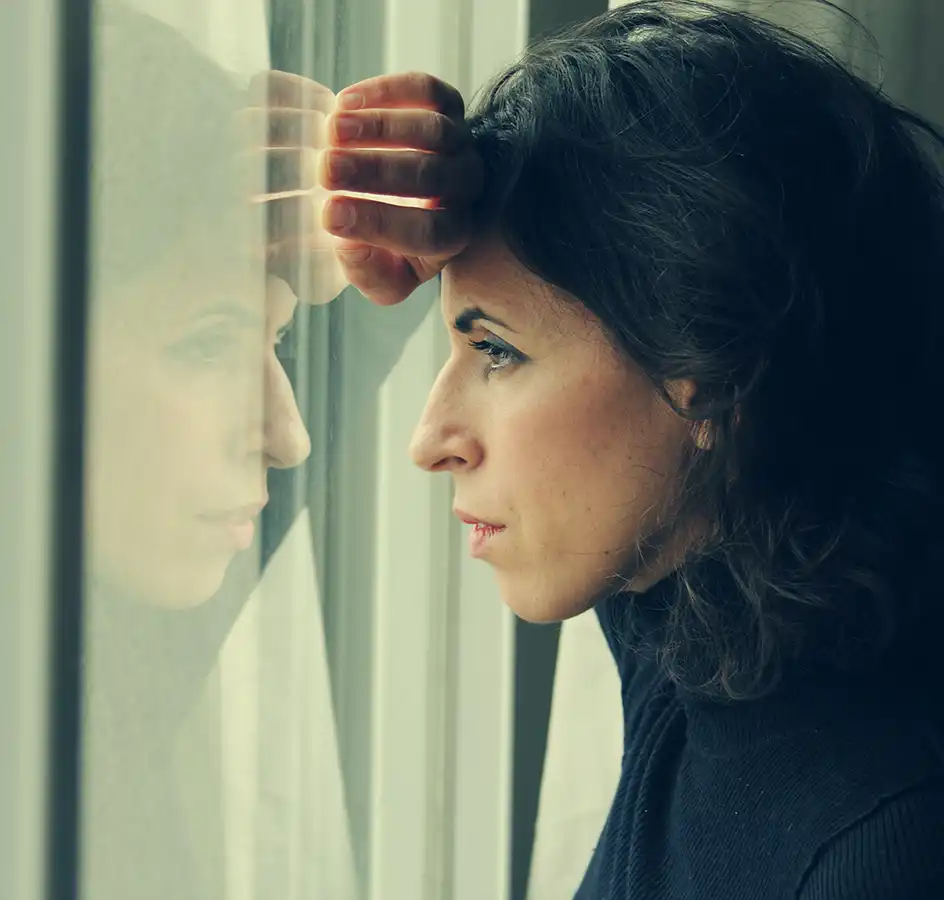Sexual Abuse in West Virginia Juvenile Residential Facilities
Juvenile facilities in West Virginia—including detention centers, residential treatment programs, and group homes—are supposed to provide safe spaces for rehabilitation. Instead, too many of these facilities have been the site of sexual abuse. Staff members, volunteers, or administrators have exploited their authority, preying on residents who are often already traumatized. Misconduct ranges from harassment and coercion to assault, and survivors frequently describe intimidation, threats, and retaliation that silence them.
The culture of control in many juvenile facilities can worsen isolation. Youth may not have access to family support, and when they do speak up, reports are often dismissed as fabrications or minimized to protect the facility’s reputation. Investigations have shown repeated patterns of misconduct where allegations were ignored, staff with prior records were rehired, and systemic safeguards were missing.
Legal claims in West Virginia juvenile facility abuse cases are critical. Survivors may recover damages for therapy, medical treatment, lost opportunities, and emotional harm. These cases also expose West Virginia institutional negligence, forcing reforms in supervision, hiring, and reporting. By coming forward, survivors not only pursue justice for themselves but also help create safer environments for vulnerable youth in West Virginia institutions.
Learn more about sexual abuse in juvenile facilities →
Sexual Abuse in West Virginia Women’s Prisons
Sexual abuse in West Virginia women’s prisons is a pervasive and deeply harmful problem. Incarcerated women are uniquely vulnerable because of the intense power imbalances inside correctional systems. Abuse may involve harassment, coerced strip searches, groping, or sexual assault committed by correctional staff or other inmates. In some cases, West Virginia women are forced to exchange sexual acts for basic necessities such as food, medical care, or safety.
Even with the federal Prison Rape Elimination Act (PREA), enforcement in West Virginia prisons remains uneven. Survivors who attempt to report abuse often face retaliation, disbelief, or institutional indifference. Oversight and transparency are limited, allowing abuse to continue unchecked. Yet women in West Virginia prisons retain legal rights: they are entitled to medical and mental health care, protection from retaliation, and the ability to file civil lawsuits or criminal complaints.
High-profile cases underscore the importance of legal accountability. For example, litigation at FCI Dublin in California revealed widespread sexual misconduct by staff and resulted in a $116 million settlement for survivors. Cases like this demonstrate how legal action not only compensates survivors but also forces systemic reforms such as independent monitoring, stronger reporting channels, and staff retraining. Survivors in West Virginia prisons deserve the same pursuit of justice.







